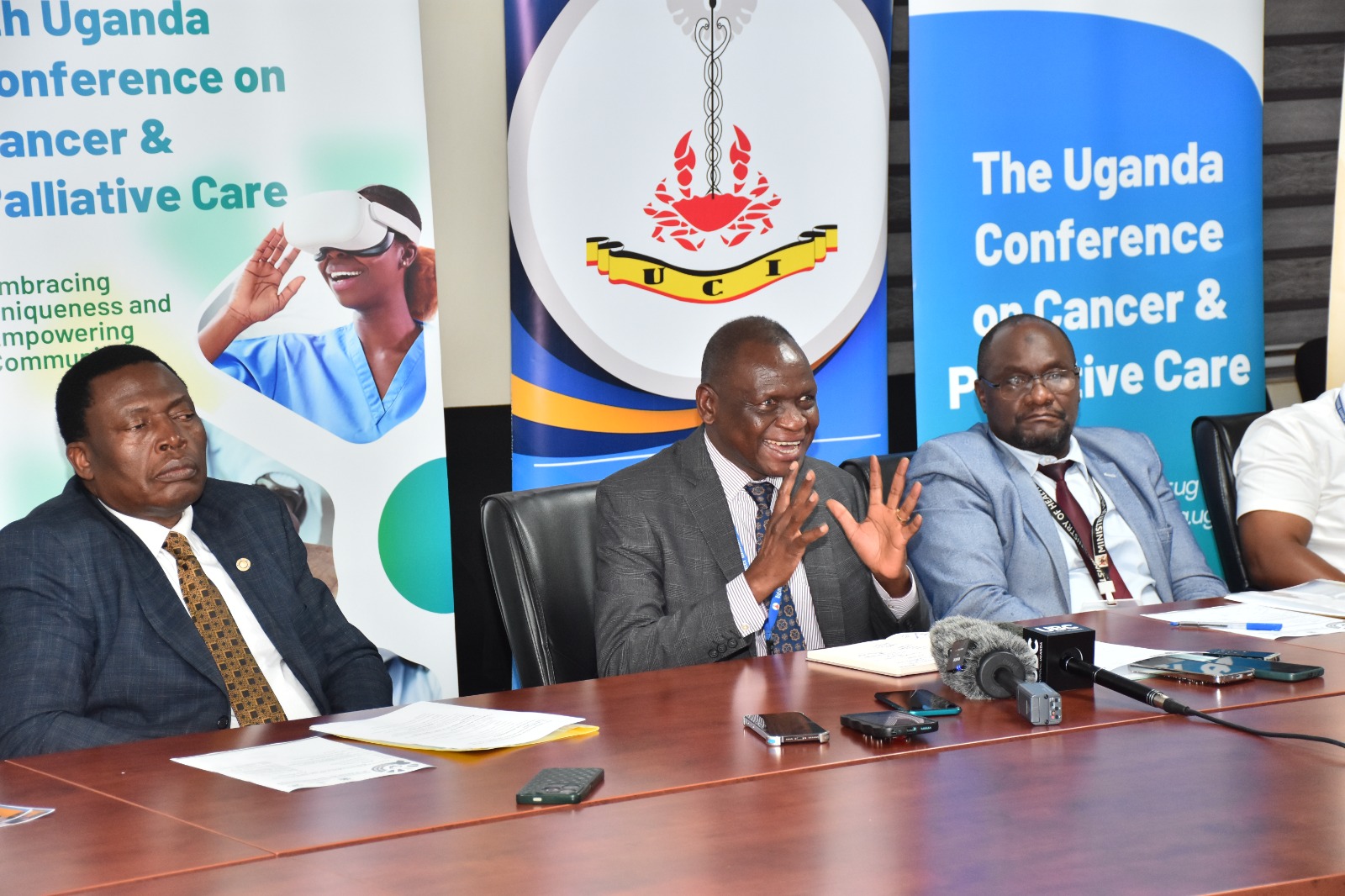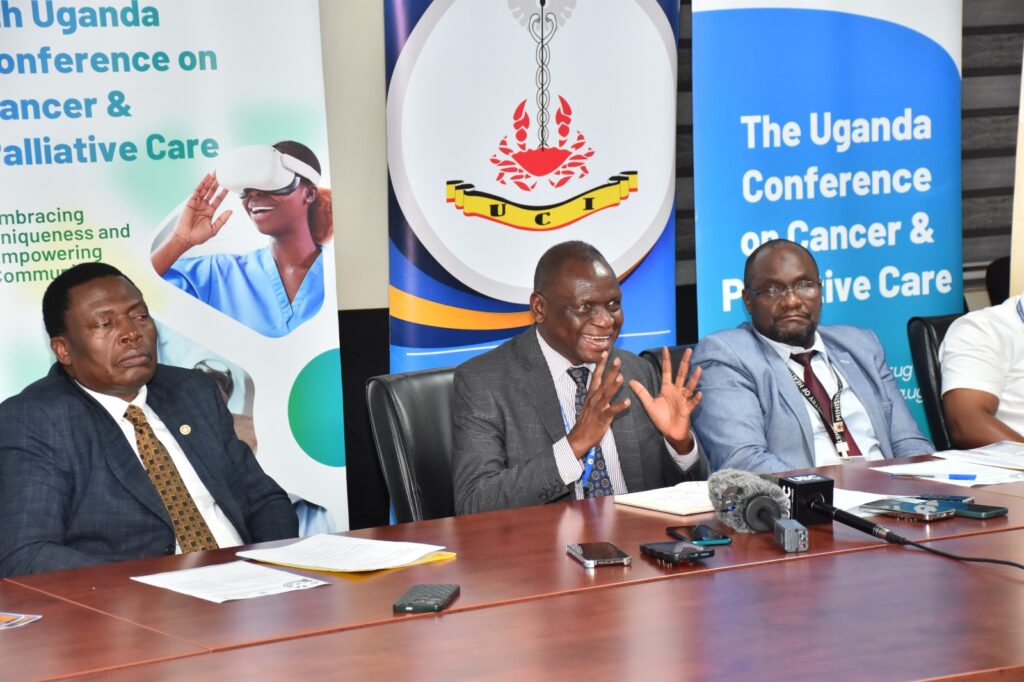
 Mama FM
Mama FM

 Mama FM
Mama FM
13 August 2025, 9:39 pm

By Byamukama Alozious
Uganda is set to bring together leading minds in health, research, and policy for the Fifth Uganda Conference on Cancer and Palliative Care, scheduled for 10–12 September at the Munyonyo Commonwealth Resort.
Organised by the Ministry of Health in partnership with the Uganda Cancer Institute and the Palliative Care Association of Uganda, the conference will be held under the theme “Embracing Uniqueness and Empowering Communities”. It is expected to attract experts, civil society leaders, and cancer survivors to discuss prevention, treatment, innovation, and community involvement in the fight against cancer.
Dr Olaro Charles, Director General of Health Services at the Ministry of Health, underscored the urgency of the gathering, noting that Uganda records around 34,436 new cancer cases annually and loses more than 24,000 people each year to the disease.
“Only 20% of patients reach the Uganda Cancer Institute for treatment, meaning 80% die before seeking care,” he said, adding that 30% of cancers are preventable, another 30% are curable, and the rest can be managed through palliative care. He stressed that palliative care is not only for the elderly, but also for children and patients of all ages, conditions, and needs.
The conference comes at a time when Uganda’s cancer response is expanding rapidly.
“We are the only country in the region where cancer patients are treated free of charge,” said Dr Jackson Orem, Executive Director of the Uganda Cancer Institute, highlighting government investment in state-of-the-art equipment and infrastructure.
He noted that a fully functional regional cancer centre is already operating in Gulu, with three more in the pipeline for Mbale, Arua, and Mbarara — all with secured funding. “This conference will be much better than what we have had before because we have learned from past experiences and are ready to present new scientific, social, and educational approaches.”
However, Dr Orem cautioned that socio-economic hardship remains one of the greatest barriers to treatment.
“Many patients who come to Mulago worry about what they will eat or where they will sleep, and some end up dying on the streets of Kampala while begging for support,” he said, stressing that such challenges delay treatment and worsen outcomes.
Dr Muwanga Moses, Assistant Commissioner for Palliative Care and Hospice Services at the Ministry of Health, said the conference will also highlight innovations in cancer care, including initiatives by developers exploring herbal medicine. He added that policy discussions will be central, aiming to strengthen the frameworks that guide cancer prevention, treatment, and palliative services in Uganda.
Mark Donald Mwesige, Executive Director of the Palliative Care Association of Uganda, described the collaboration with the Uganda Cancer Institute as unique on the African continent.
“We are perhaps the only palliative care organisation in Africa that partners this closely with government without challenges in our work,” he said, noting that the association brings together 30 organisations and more than 1,000 individuals across the country. “We look forward to engaging with participants in more detail after the main launch.”
Government investment has included expanding the Uganda Cancer Institute to 365 beds, acquiring three high-end linear accelerators for radiotherapy, and establishing a nuclear medicine facility. Dr Olaro urged the media to visit the institute and showcase its progress.
“We want to empower communities with knowledge, resources, and a voice to take part in their own care. Strong community involvement improves early detection,” he said, calling on journalists to help raise awareness and share patient stories.
As Uganda prepares for the September conference, health leaders are sending a clear message — prevention, early detection, innovation, policy reform, and community empowerment must work together to tackle the country’s staggering cancer burden.